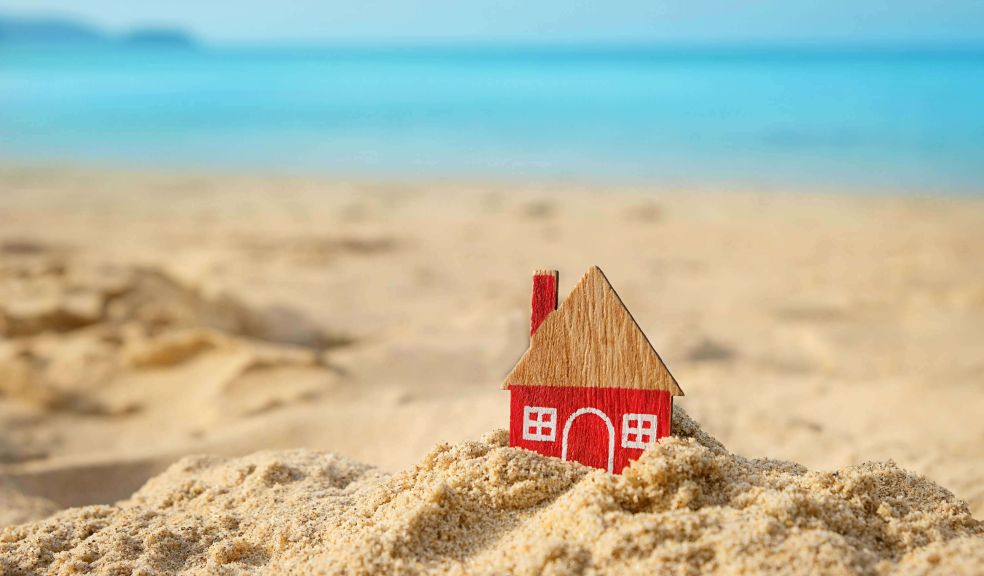
Tips to lower costs for holiday homeowners amid cost-of-living crisis
We’re currently in a cost-of-living crisis. Living costs are rising at their fastest rate in 30 years; a typical domestic energy bill will rise by about £700 a year in April; National Insurance tax expected to jump to 1.25 percent, and inflation to climb above seven percent this year.
And while that wasn’t enough to contend with, from April 2023 holiday homeowners are to be hit with strict new rules that require them to prove their property was rented for a minimum of 70 days during 2022 to qualify for cheaper business rates - and avoid paying council tax.
Here, Holiday Home Rental Expert Harry Roberts, Managing Director of My Favourite Cottages, has plenty of tips to help you cut costs amid the cost-of-living crisis.
Install energy-saving smart devices
Smart energy-saving devices such as lightbulbs, plugs and meters measure the amount of power you’re using in real-time through smart sensors.
These smart devices understand when guests are in and when they’re out and then build a more energy-efficient schedule to avoid wasting unnecessary energy.
Smart devices are particularly useful in the off-season when your holiday property could be unoccupied for long periods, as they can help to avoid heating an empty house by providing insight and visibility into your energy consumption. Insights would inform you on the biggest energy-draining culprits and how to adapt your holiday home to save energy and lower your energy bill.
Research has found that 47 percent of households with smart metres say they’re less worried about their energy bill because of it, and another study found each adult estimated a reduction of £39.50 in their energy payments over a span of three months, which equates to £268.6 million in total across the one in four UK households with smart metres.
Check your supplier’s website to see if smart metres are available in your area.
Capitalise from tax breaks
As a holiday home landlord, if your property is available for at least 210 days a year and is let out for at least 105 days of those (excluding long lets over 31 days), you then qualify under the Furnished Holiday Letting (FHL) tax rules.
As an FHL, you can claim Capital Gains Tax reliefs for traders, you’re entitled to plant and machinery capital allowances for items such as furniture, equipment and fixtures and the profits count as earnings for pension purposes.
A way to cut your tax bill is by off-setting as much of your allowable expenses against your rental income, especially with multiple costs expected to rise.
Plus, adequately fitting your holiday home with furnishings helps make it profitable self-catering accommodation that will attract more guests.
Conduct regular maintenance checks
At certain times of the year, keeping your place occupied might not be easy. So, the trick is to conduct regular maintenance checks. By checking over the property, you’ll be able to keep track of things such as window draughts and leaky taps, which could be unnecessarily adding to your energy bill. Leaving these problems can escalate quickly and end up being more time-consuming and costly.
And don’t forget to check all appliances between each guest stay to avoid leaving them on standby. According to the Energy Savings Trust, you can save around £35 a year just by remembering to turn off your appliances completely, rather than leaving them in standby mode.
While it might seem like a tedious task, taking extra care of your holiday home or employing an external company to manage your property - certainly pays off in the long run.
Go green
Investing in more sustainable methods isn’t just good for protecting the environment, but your holiday home’s running costs, too.
For example, installing solar panels can help to reduce your holiday home’s carbon footprint by up to 80 percent in one year and your electricity bill by as much as £120-£310 a year.
Additionally, switching to LED bulbs which are 80 percent more energy-efficient than conventional bulbs, could save you up to £40 a year. And installing energy-efficient appliances could save £113 a year.
Reduce water waste
The biggest portion of a utility bill is taken up with heat and water consumption. This is an issue for holiday homeowners due to the amount of cleaning it can require between guests.
To limit unnecessary water waste, try to limit the number of times cleaners are sent to the property, install water-saving showerheads, and wash bed sheets, towels and clothes with cold water.
Additionally, switching your wash to 30 degrees saves £13 to run four washes a week for a year.
















